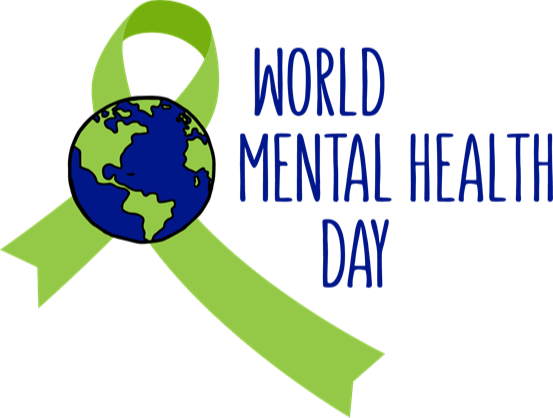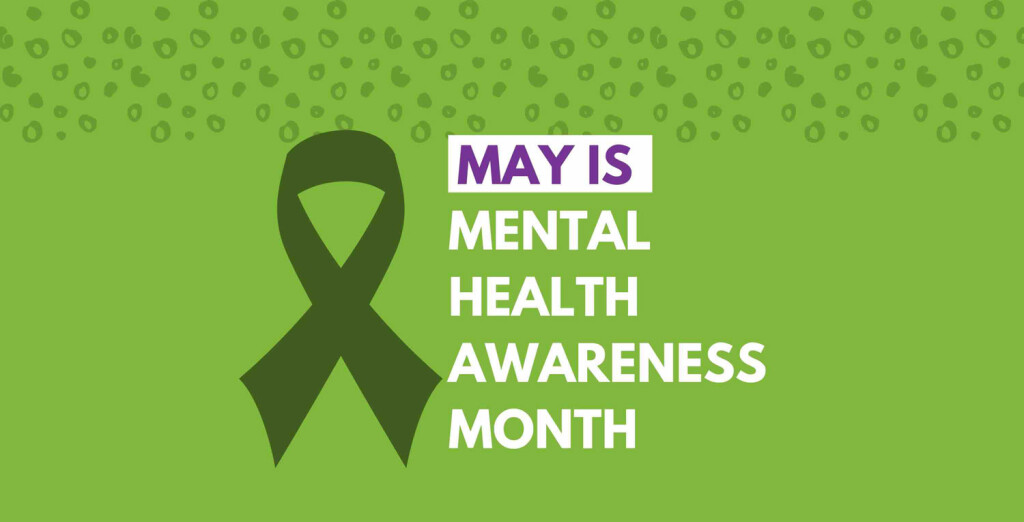WORLD MENTAL HEALTH DAY – OCTOBER 10th
“Make Mental Health & Well-Being for All a Global Priority”
The date October 10th, was set aside in the early nineties by the World Federation of Mental Health (WFMH). The intention is to raise awareness and open the conversation of the importance for funding and education for those with mental health and society at large.
Those who experience mental illness live in an unequal world. Stigma. Discrimination. Lack of support. These are some of the realities. The good news for those with mental health, the awareness campaigns have started to create traction with change in support systems and stigma in society.
The goal of World Mental Health Day is to create awareness so that people living with mental illness can live better lives with dignity.
HOW TO OBSERVE WORLD MENTAL HEALTH DAY
Do group therapy in the workplace or community groups –
Creating a space to allow for people to openly express themselves and talk through emotions is beneficial.
Practice self-care –
Create regular sleep routines, implement healthy food choices, exercise. Find time for yourself.
Follow the theme –
Research the subject. Awareness provides information for oneself and provides tools for empathy towards others. Ask yourself, how can I assist family members or friends who have mental illness?
Sources:
https://nationaltoday.com/world-mental-health-day
https://www.rethink.org/get-involved/awareness-days-and-events/world-mental-health-day
Posted in General Information /global interest /Health Topics /Human Interest /





